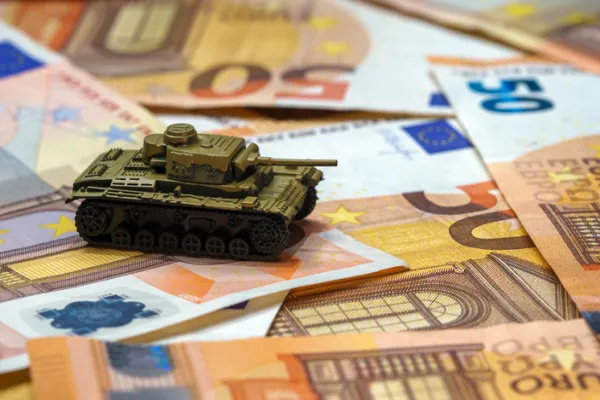Inflation in the 17 countries that share the euro surged in December and exceeded the official target thanks to a spike in energy costs, according to Financial Times. On Friday, the European Union reported that annual inflation in the eurozone reached 2.2% in December, which is up from 1.9% the previous month. The gain moves the rate of inflation above the “below but close” to 2% target set by the European Central Bank for the first time in two years.
The central bank foresees inflation returning to target levels as temporary factors subside, since volatile energy prices jumped 11% in the latest report, compared with a modest 1.1% gain in core inflation that excludes energy and unprocessed food prices. The ECB committed to act against long-term inflation, potentially signaling a readiness on the part of policy makers to increase rates in the coming year. However, the unchanged, low level of core inflation offered some reassurance to economists, who widely see an entrenchment of high inflation expectations as being unlikely to take hold while economic conditions remain uncertain.




